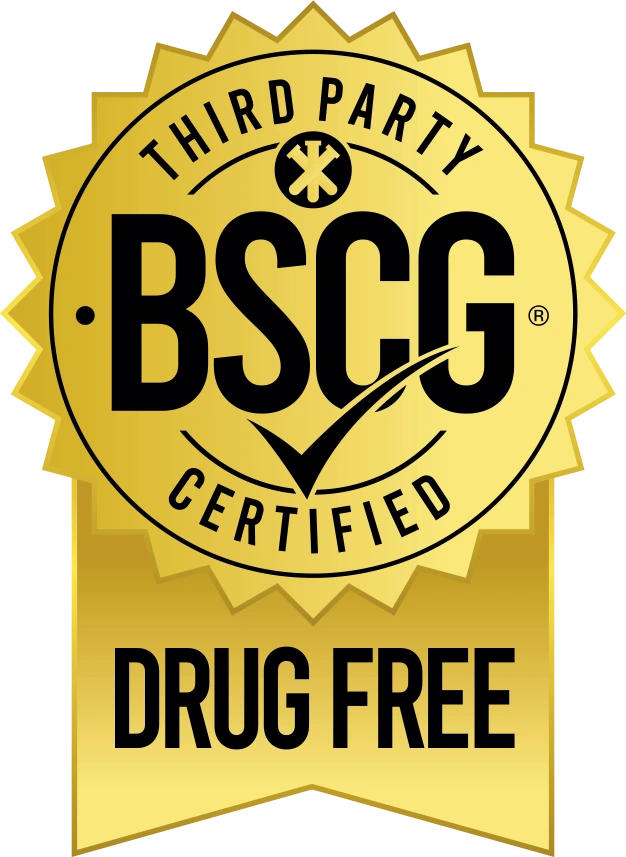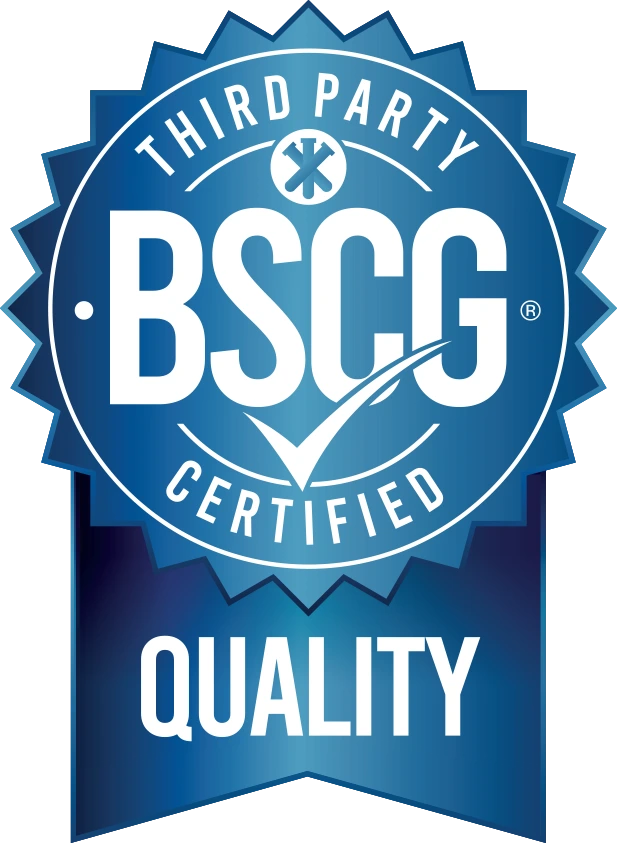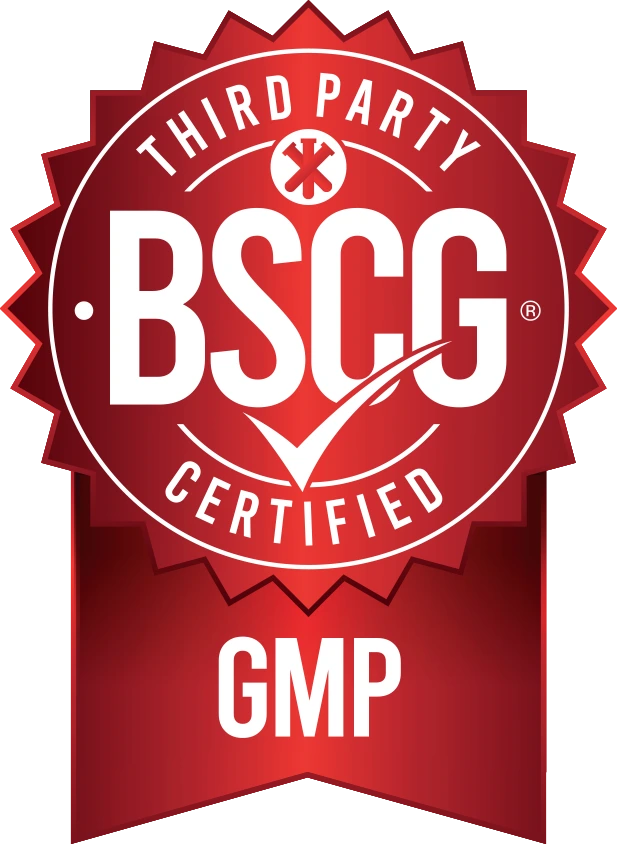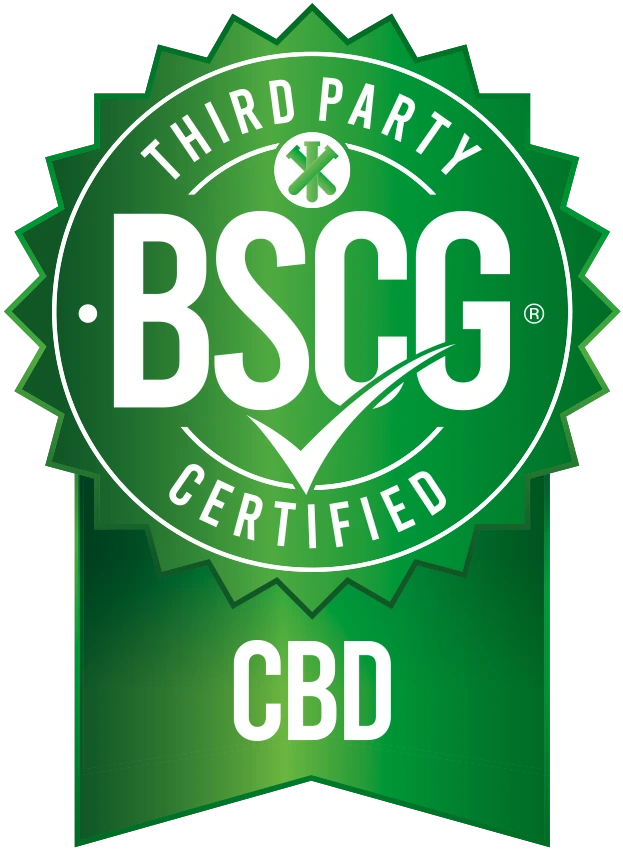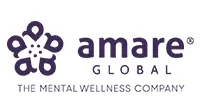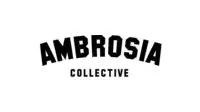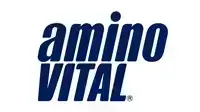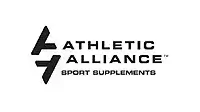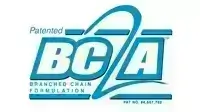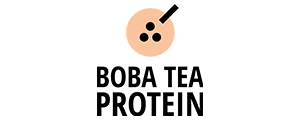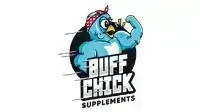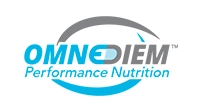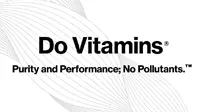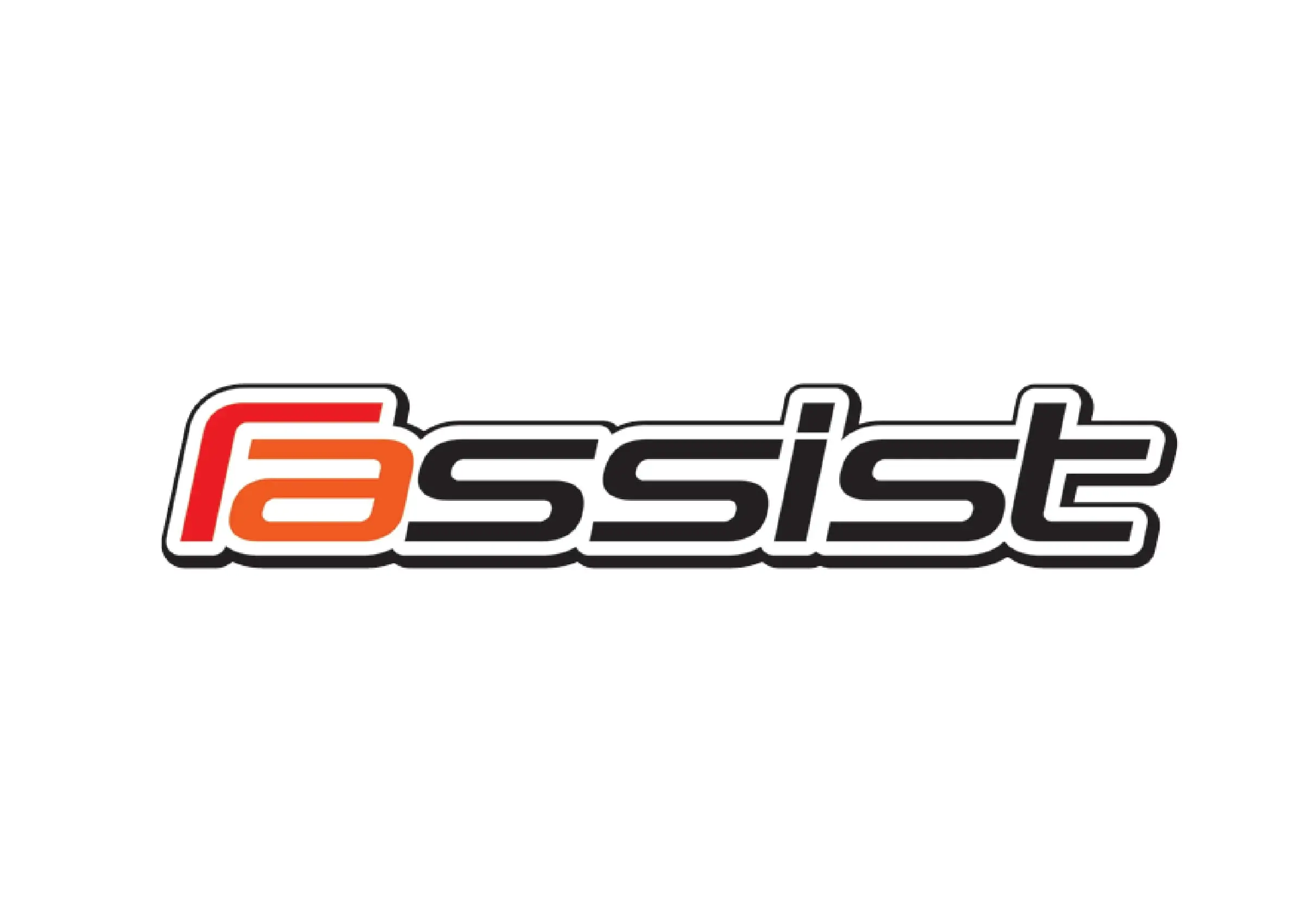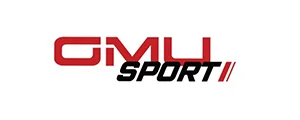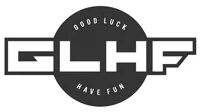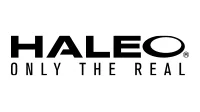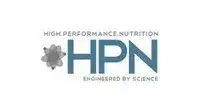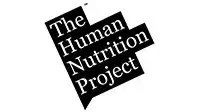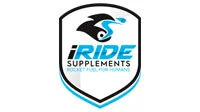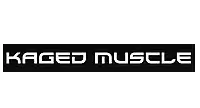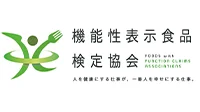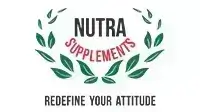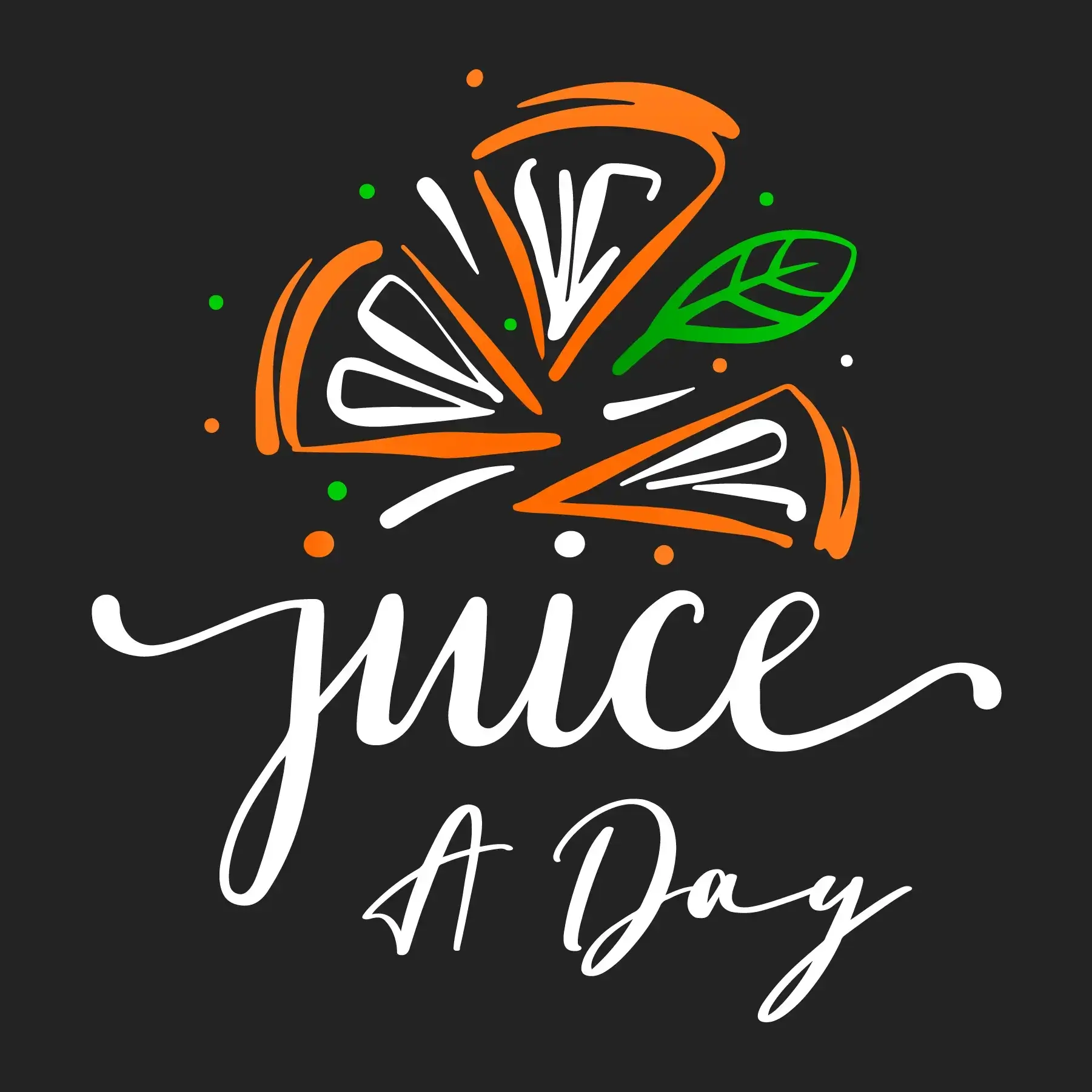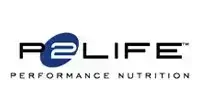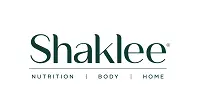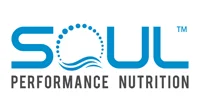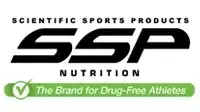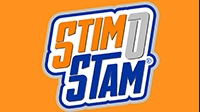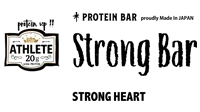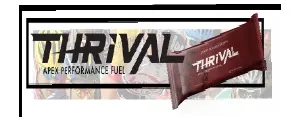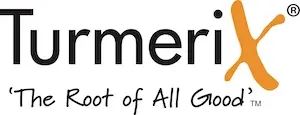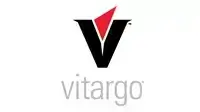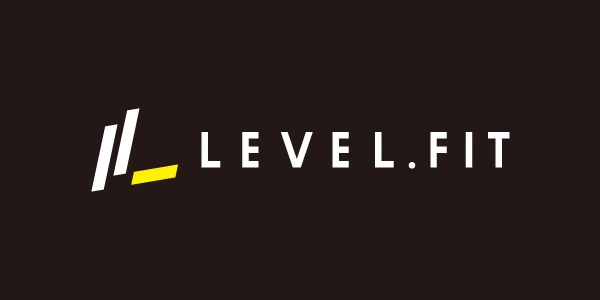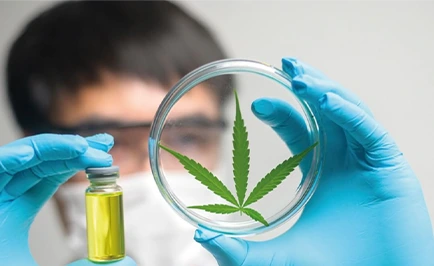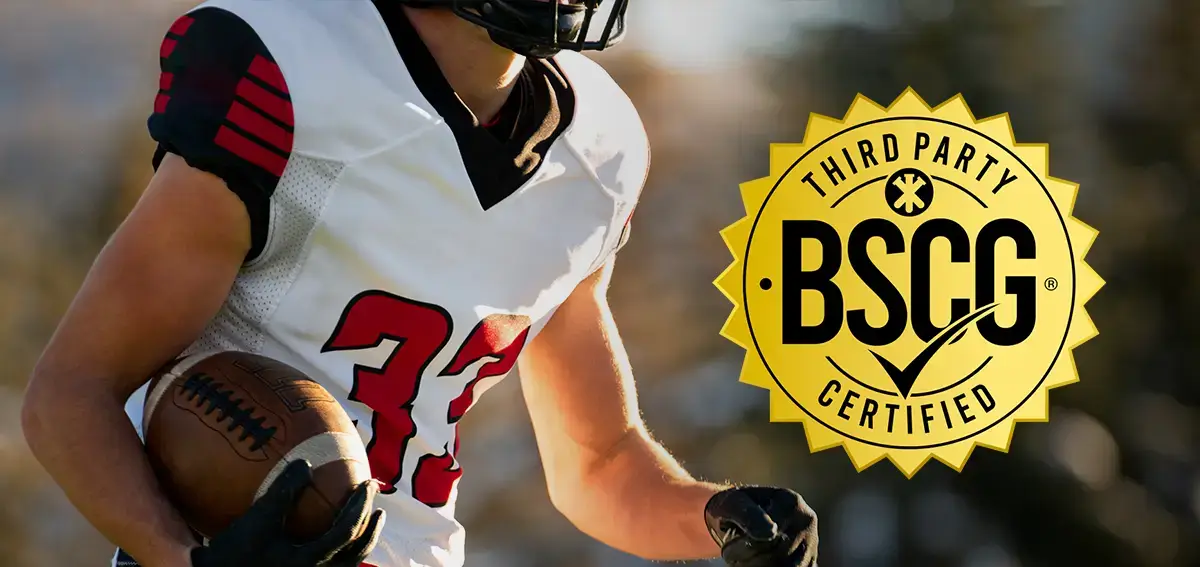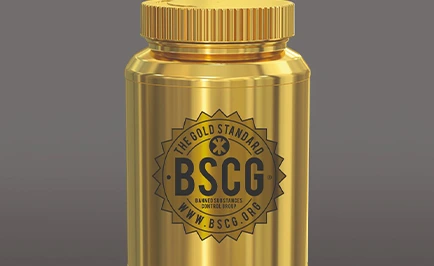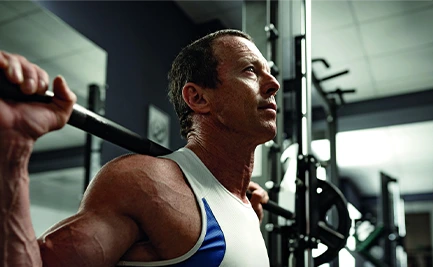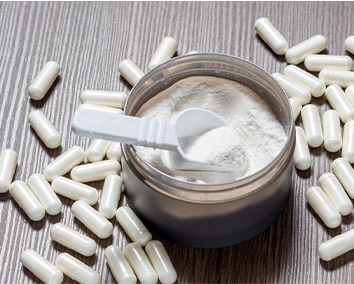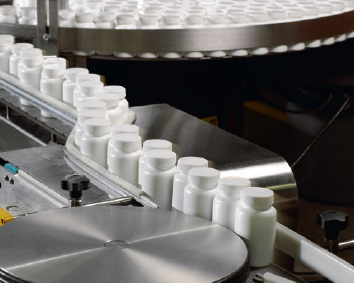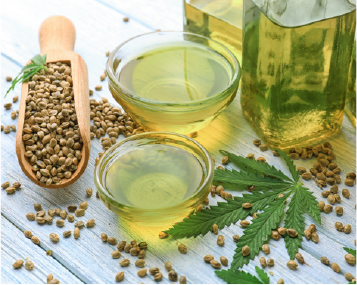Two Questions Every NCCA Athlete Should Ask
Jan 30, 2024

Two Questions Every NCCA Athlete Should Ask
College athletes have plenty of things to take care of between mixing studying, training, eating well and competition. Making smart decisions about dietary supplements is another key factor in your success. Ask these questions first, and you are on your way to supplementing safely.
1. DO I NEED A BETTER DIET OR DIETARY SUPPLEMENTS?
Student-athletes are always on the go, and it can be hard to eat right, but doing so is essential, as a proper diet is the foundation for any athlete. Because you are more active than others, you need to eat a lot to fuel your body. Consider eating 6-7 times a day with a healthy amount of fruits, vegetables, beans, oils, and nuts to get consistent energy and various nutrients into your body. Male athletes generally need 17-23 calories per pound of body weight to maintain weight, while females need between 16- 30 calories per pound. The more strenuous your workouts, the higher you are likely to be in the range.
Protein intake is key for athletes as it is an important building block of muscle. Student-athletes a lot it in their diet, ideally from various sources. There have been arguments for years over whether animal or plant sources are better. Experts now recommend you get protein from multiple sources if you can, and note that plant sources are good options. A position paper from the Academy of Nutrition and Dietetics, Dietitians of Canada, and the American College of Sports Medicine suggests 0.5 to 0.9 grams of protein per pound of body weight for both strength and endurance athletes.
Quick nutrition options are key for student-athletes. The NCAA Sports Science Institute and Sports, Cardiovascular, and Wellness Nutrition (SCAN) recommends granola or sports bars, bananas, dried fruit, and peanut butter with jelly during training and low-fat chocolate milk, trail mix, cereal, yogurt parfaits, and fruit smoothies for recovery. Suppose you use supplements to top up your protein or optimize your potential. In that case, you are certainly not alone, as surveys show that 30-80% of competitive athletes do so but make good decisions and watch out for banned substances
2. IS THIS SUPPLEMENT HIGH QUALITY, DOES IT HAVE A HISTORY?
You’re sold the sizzle, not the steak. Every company will launch a sexy marketing strategy for their supplement, but quality and compliance ensure the proper ingredients get into the bottle, which can be hard to see. Treat fancy pictures, models, and gimmicks with distrust. Quality and purity must be a priority for brands and you. Look for those who focus on quality and proudly discuss it on their sites. If a brand says nothing about quality, you should consider looking elsewhere.
Third-party seals demonstrate that a brand has gone above and beyond industry standards to verify that products don’t contain banned substances, meet label claims, or are made in compliance with current Good Manufacturing Practices (GMP). Don’t be fooled by fake or made-up seals that mean nothing. Always check to verify a reputable third party is behind a seal. BSCG, NSF, LGC, USP, and UL are some of the leaders in third-party certification for nutrition products. Certifications focus on things like GMP, the backbone of supplement quality control, banned substance screening, or testing to ensure what’s on the label is in the product.
Sport certifications like BSCG® Certified Drug Free, NSF Certified for Sport®, and Informed Sport all screen for banned substances to ensure there is nothing hiding in a product. Often, several elements are combined into one seal as they are in sport certifications. Always check certification company databases to ensure the lot you are using has been tested and if it hasn’t been don’t use it.
This is an excerpt from BSCG’s book Winner Takes All – Everything a NCAA collegiate athlete needs to be smart and safe about supplements as they look to bring home the money in the NIL era.
Download for free here.



